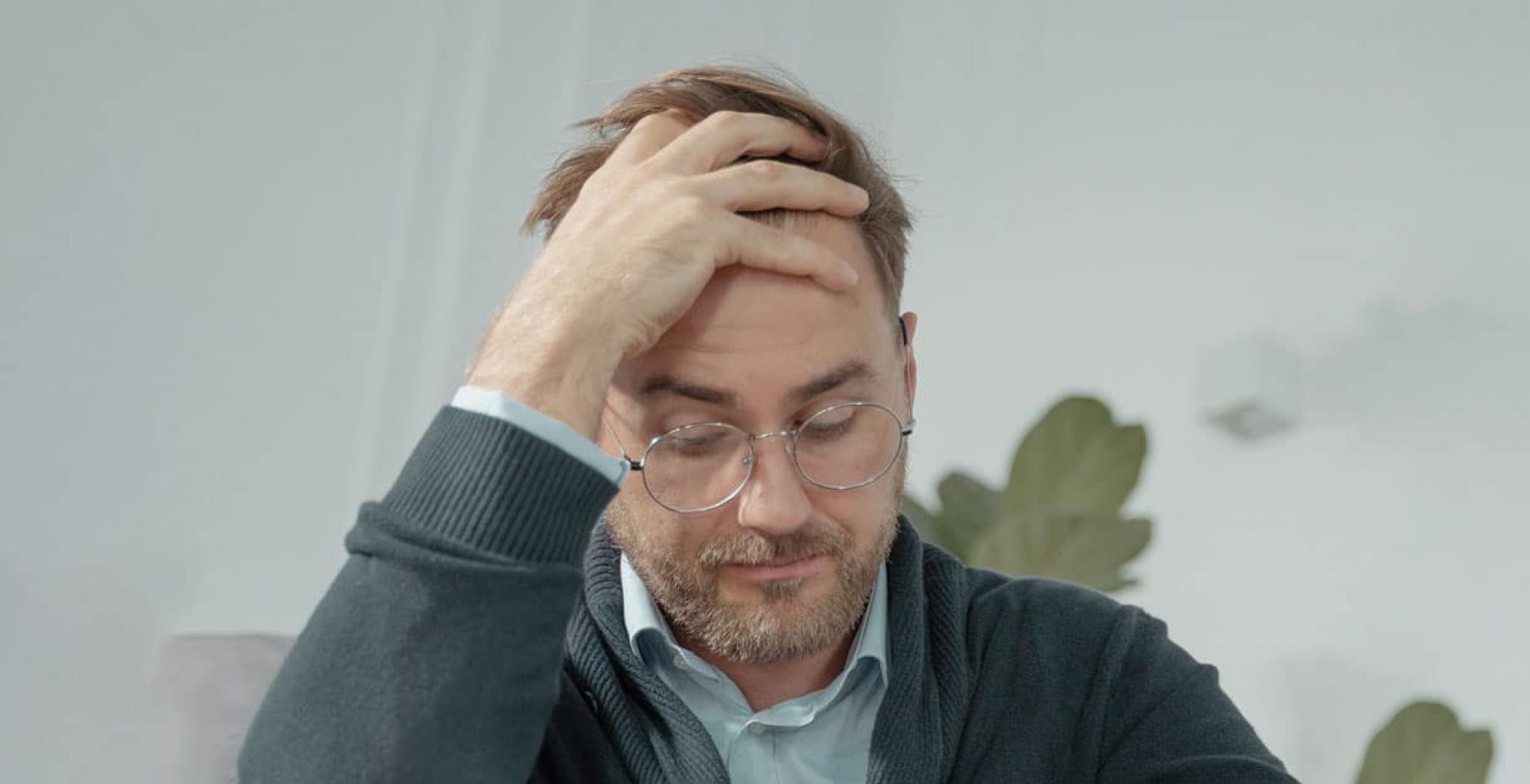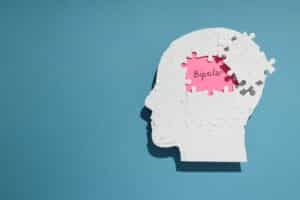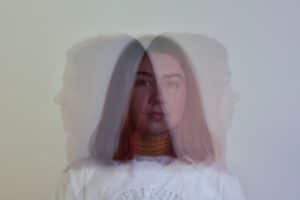Anxiety can harm your body in so many ways. Most commonly, people report feeling worried and tired or experiencing panic attacks. However, there are other, less common signs of anxiety that can be hard to recognize.
Among these less frequent symptoms is hair pulling, or the urges to do so. This condition is known as Trichotillomania, or “hair-pulling disorder.”
This article will take a look at Trichotillomania causes. It will also examine the link between Trichotillomania and anxiety.
What is Trichotillomania?
Trichotillomania is a disorder that causes individuals to pull out their hair. Usually, they uproot the hair from their scalp, but it may also be from their eyelashes, eyebrows, pubic hair, or other body hair. It happens over and over again, and the person is not able to control their urges.
For many people with the disorder, pulling hair is enjoyable and deliberate. Other people pull their hair unconsciously. Furthermore, there are instances when individuals engage in both intentional and unintentional hair pulling.
Trichotillomania was once considered a rare disease. Yet, about 0.5 to 3 percent of all people will experience it at some point in their lives.
Usually, the symptoms emerge in childhood. However, they can also arise later in life.
The symptoms of the disease can fade with time. However, proper treatment is needed to prevent them from appearing later in life.
Trichotillomania Causes and Risk Factors
Usually, stress and anxiety trigger individuals with Trichotillomania. They pull their hair because they feel anxious, but they also feel uneasy because they can’t stop pulling their hair. This creates a vicious cycle.
Once those with trichotillomania experience balding, they will feel self-conscious about their appearance. These individuals may stress about how they can cover up the hairless spots. Their social life and work may even be affected as a result.
Still, it can difficult to overcome hair pulling because the urges are strong. Sometimes, the act of removing hair is calming in stressful moments. Thus, it can be challenging for individuals to overcome their disorder without proper management techniques.
These groups are at a higher risk for Trichotillomania:
- Children between the ages of 10-13
- Those with a family history of the Trichotillomania
- Individuals with mental health disorders
- People undergoing extreme stress
Although the exact cause of Trichotillomania is uncertain, it is likely related to changes in the pathways of the brain. These manage how you deal with your emotions, make habits, and even control impulses.
Trichotillomania Symptoms
Besides pulling their hair repeatedly, those with the disorder may possess other symptoms. These include:
- Problems or distress due to hair pulling
- Bare patches where hair has been pulled
- A preference for pulling certain textures of hair
- Feeling tense before pulling hair
- Experiencing relief after acting on the impulse
Also, those with Trichotillomania may have odd behaviors related to hair. These might be:
- inspecting the root of hairs
- twirling hair excessively
- eating hair
- chewing on hair
- pulling hair between the teeth
They may also have other related disorders that cause them to bite their nails or pick their skin.
It is usual for individuals to deny their disorder. They may hide the hair loss they experience with hats, scarves, false eyebrows and eyelashes, or wigs. They may also have difficulty living a healthy and productive life due to their anxiety and embarrassment.
Diagnosing Trichotillomania
A doctor can diagnose the disorder based on its symptoms. However, there is no specific test for Trichotillomania.
They will look for the following criteria when diagnosing the patient.
- Purposeful removal of hair from any region of the body
- The distress caused by the patient’s inability to stop pulling their hair
- The patient has attempted to stop but has not been successful
Doctors also try to ensure that the patient isn’t suffering from any other physical or mental conditions that may cause them to pull their hair.
If a doctor suspects that a patient may have this disorder, they may refer them to a psychiatrist or psychologist to manage symptoms.
Treatment
It is essential to treat both anxiety and Trichotillomania to be successfully rehabilitated. This will improve the patient’s long-term psychological health.
Many types of therapies can assist those with Trichotillomania to fix the underlying causes of their behavior. These can include the following:
- Habit reversal: Practicing less harmful habits, like clenching their fists, instead of hair pulling
- Cognitive therapy: Exploring the reasons that they are pulling their hair so that they can get to the root of the problem
- Acceptance and commitment: Accepting the urges but learning not to act upon them
With these methods’ assistance, individuals may even get to the point where they completely stop pulling out their hair.
Besides, some people may be prescribed medicine to deal with their Trichotillomania. There is no FDA approved drug for this disorder, but these drugs can control symptoms in some cases.
- antidepressants
- N-acetyl-cysteine
- atypical antipsychotics
Lifestyle changes can also help to treat the underlying stress and anxiety that causes Trichotillomania. Small changes in habits, such as a healthier diet, regular exercise, and meditation, can make a big difference.
Also, patients find that nurturing environments allow them to focus on their health and overall wellbeing. In turn, their anxiety and Trichotillomania improve.
When treating the disorder, a combination of therapy, medications, and lifestyle changes work best. Therefore it is best to cooperate with doctors and professionals who can ensure that they are getting the right balance of all these treatments.
Treating Trichotillomania and Anxiety
If you or a loved one is experiencing Trichotillomania and anxiety, it is time to get professional help. Doing so will increase the likelihood of recovering and prevent the disorder from reoccurring in the future when stressful situations arise.
Our team at California Sunrise Recovery’s Mental Health Center is skilled in treating anxiety and its symptoms, even those that are less frequent. We can also help get to the bottom of trichotillomania causes in each patient to avoid being affected by triggers in the future.
Call us today at (866) 523-2250!







